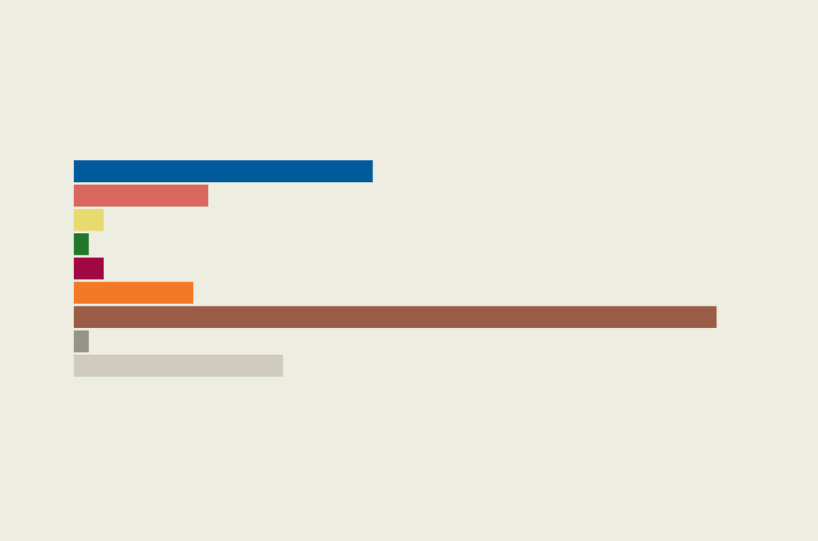Judicial Reform: Mexico's Next Challenge
Judicial Reform: Mexico's Next Challenge
For a developing nation to achieve recognized and respected first-world status, three basic institutional reforms are necessary -- economic, political and legal. Each of these reforms requires openness, transparency and fairness.
Due largely to the groundbreaking North American Free Trade Agreement, now ten years old, Mexico is two-thirds along the road toward first-world status. NAFTA fundamentally reformed Mexico's economy, transforming it from one of the world's most closed economies less than two decades ago to one of the most open economies today.
Shortly after NAFTA took effect, Mexicans demanded political reforms. As a result, in less than ten years, Mexico moved from one of the world's most closed political systems to the thriving, competitive, and open democracy that it is today.
But Mexico, as with most of Latin America that adheres to the Napoleonic civil code of law, still misses recognition as a first-world country because it has not been able to reform its judicial and legal institutions. Failure to do so continues to undermine the complete confidence investors need to permit Mexico to realize its economic potential.
Today, Mexican and foreign business publications report that Mexico's opaque legal system and its frequently criticized corrupt judiciary create conditions that discourage foreign direct investment. Global companies such as ING Insurance of the Netherlands and Tyco's security systems subsidiary, ADT, of the United States have removed their top management officers from Mexico because judges have ordered arrests of these executives over civil or contractual disputes.
Under Mexico's civil code of law, a civil law suit about a contractual disagreement can be moved on to the criminal court dockets and the judge can issue an arrest warrant for top management of the defendant company. Unlike English Common Law, the civil code presumption is that the accused is guilty until he/she proves innocence.
Under this civil code of law, neither transparency nor the predictability of judicial precedence applies. This is why so many commercial transactions between NAFTA partners circumvent Mexico's legal system by having some kind of alternative dispute resolution mechanism, such as binding arbitration, written into commercial agreements.
Even with a contractual commitment to arbitration, the arbitrator's decision depends upon the good faith and commitment of the disputing parties. Otherwise, it takes a court of law to enforce it, thus returning the case to the judicial institutions that the parties in dispute originally sought to avoid. Fortunately, however, binding arbitration as a means to expeditiously resolve such disputes seems generally to be working.
Another complaint registered by business investors is that judges lack the training and expertise needed to resolve complex global commercial disputes. Additionally, judges are overworked and civil disputes can take years to reach a judicial verdict. This encourages many plaintiffs to switch to the criminal dockets to get arrest warrants against a defendant so as to increase pressure and accelerate a process of settlement.
The lack of transparency seems to be the most common complaint expressed about Mexico's legal institutions. This includes the recordation of legal deeds and titles that clearly define ownership of property. It also includes the opacity regarding how judicial decisions are made and explained.
Because legal systems are so fundamentally a part of a nation's culture, reforms in this area could be much more difficult than the impressive reforms Mexico has made to its economic and political systems. But the political policy-makers need to start the process.
President Ernesto Zedillo, during his first month in office in 1994, reformed the Mexican Supreme Court. Today that court has the respect of Mexicans and non-Mexicans alike. Unfortunately, during that same first month of the Zedillo government, the Mexican peso devaluation occurred and President Zedillo never again had the political strength or opportunity to finish the job of judicial reform. Instead, he concentrated on political reform, which resulted in the opposition party of President Fox winning the presidency for the first time in over seven decades.
In the meantime, several leaders of the Mexican Bar Association have made impressive advances to resolve disputes through mediation and arbitration, thus bypassing formal legal institutions. Hopefully, these visionary Mexican attorneys, buttressed by the demands of Mexican and foreign investors, will provide the needed reforms of the legal system.
The combined efforts of business and the progressive elements of the Mexican private legal community already seem to be having an effect. President Fox recently announced plans for a significant reform of the legal and judicial sectors to be considered in the Spring session of the Mexican Congress, which has now convened.
Among other things, Fox recommends that the presumption of guilt be changed to a presumption of innocence for the accused until proven guilty. He also calls for making judicial proceedings more open and transparent. The full scope of the Fox government's reforms is yet to be understood. It is also too early to determine whether these reforms will find any more success in the politically divided and divisive Mexican Congress than did the fiscal, energy and labor reforms Fox proposed, which did not become law.
Initial indications from some leaders of the three major political parties, however, show promise. Recognizing that large segments of the Mexican electorate are turning sour on the political parties because of the stalemate in Congress, several congressional leaders have said they might achieve a consensus on judicial reform.
North America admires what Mexico has accomplished in just one decade of economic and political reform. With continued patience and support, I believe that Mexico's political and business leaders will accomplish judicial reforms that will solidify confidence of Mexicans and foreigners alike in Mexico's legal system.
James R. Jones is Co-Chairman and CEO of Manatt Jones Global Strategies and a former U.S. Ambassador to Mexico. He is also a member of the Americas Society's Board of Directors, and Chairman of the U.S. Council of the Mexico - U.S. Business Committee (MEXUS).






